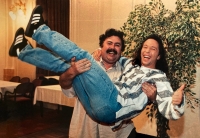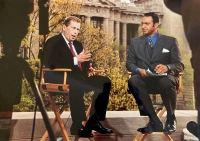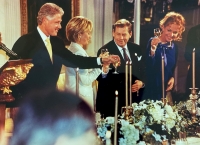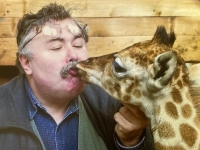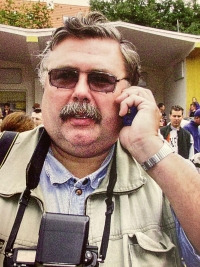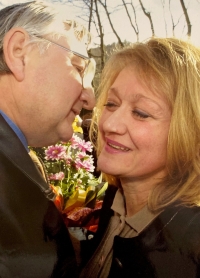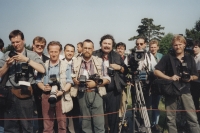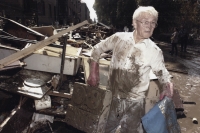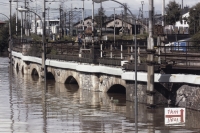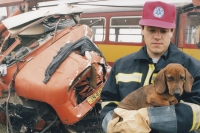He photographed the Pluto mine disaster, dictators and Havel and Clinton for Czech News Agency
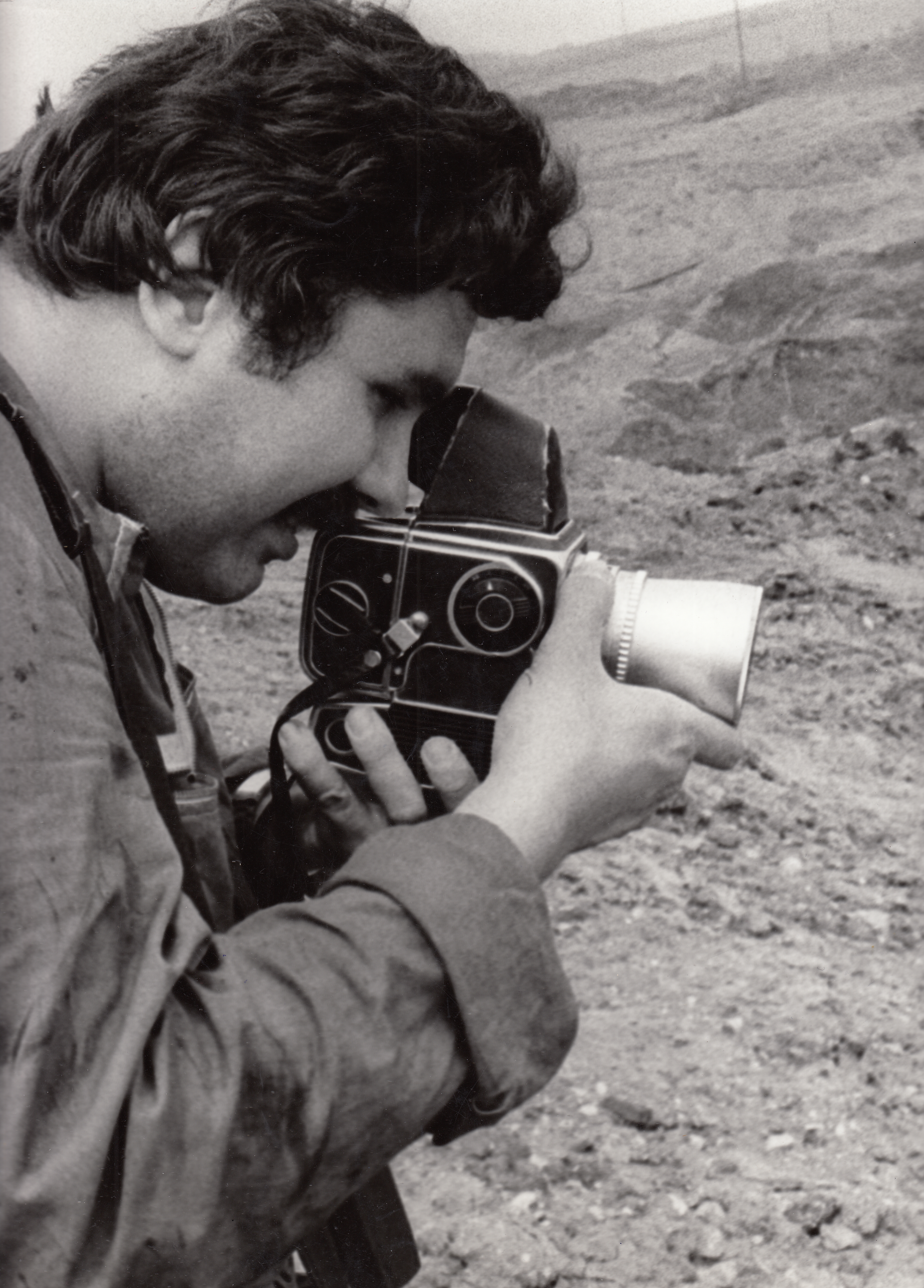
Download image
Libor Zavoral was born on 29 November in Most. His father was the first cameraman of Czechoslovak Television in the newly established studio in Ústí nad Labem. The establishment of the regional editorial office of Czechoslovak Television was also the reason why the family moved from Most to the regional town in 1963. From an early age, the witness was interested in photography. Already at the age of fourteen his first photograph was published in the regional newspaper Průboj. After studying at the grammar school in Ústí nad Labem in 1976, Libor Zavoral joined military service at the airport in Planá near České Budějovice. He was assigned to receive and redistribute mail. There he was also contacted by members of the military counterintelligence. They asked him to deliver letters for soldiers arriving from non-socialist countries. He refused to do so. Immediately after the service Libor Zavoral joined the Czech News Agency, first in the laboratories in Prague and later in the regional editorial office in Ústí nad Labem as a photojournalist. According to his own words, he had to join the Communist Party in the mid-1980s. The reason was to participate in party events because of work. He was never interested in politics himself. He took joining the party for granted in order to do his job. As a photojournalist, he took part in a government delegation to North Korea. There, he was also in close proximity to North Korean leader Kim Il-sung. In the 1990s, he travelled abroad more frequently for work, for example to the NATO summit in Washington in 1999. The witness retired in 2017. In March 2023, he was living in Ústí nad Labem.
